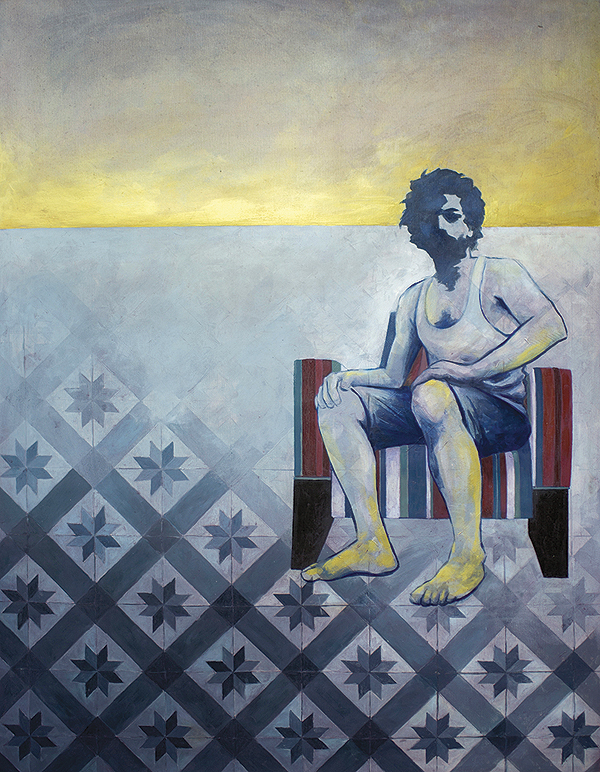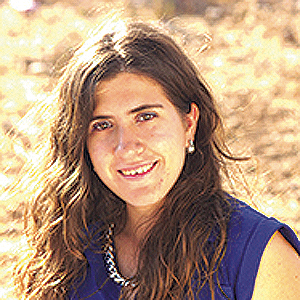Almost ten minutes late to my meeting, I arrive at the Palestinian Bar Association to find Ms. Aslan waiting for me. She gets up to greet me as I mumble several apologies for my unprecedented delay and shake her hand. “Hana Aslan, lawyer at the North Governorates, pleased to meet you.”
Sitting down with a glass of tea, Aslan tells me she has been an active participant in the pro bono scheme, spreading cultural awareness on legal aid for a little over six months, and “never been busier.” Like many of her colleagues, Aslan is mining fresh ground in her legal practice. Pro bono legal work is the provision of free legal aid services to those unable to afford lawyer fees for services provided. The concept is not new to the Palestinian Bar Association, nor is it new to Palestinian civil-society organizations; both have been providing services per internal bylaws and case specialization (respectively), yet there is still much more work to be done.
As of late 2015, the Palestinian Bar Association has been engaged in continuous consultations in order to finalize the drafting of its Legal Aid Strategy. This strategy, now effective and approved, established a central legal aid unit at the Bar Association’s headquarters in Ramallah, while facilitators and field legal aid lawyers work in the three main Palestinian governorates: north, center, and south. Evidently, this strategy is the first coordinated national approach and promises a system of case selection and referral that strives to support vulnerable groups. The Palestinian Bar Association cooperates in this endeavor hand in hand with its national counterparts: ministries, civil-society organizations, and university legal aid clinics. To assure a feasible approach, a roster has been opened for registration of volunteer lawyers and case assignment is made accordingly. Per strategy, field lawyers and the central unit provide free legal consultation and legal representation services to the most vulnerable members of the Palestinian population, with special focus on women, juveniles, and children. To date, the central unit and its supporting lawyers have received requests for 113 cases of criminal justice legal aid that have included both misdemeanors and felonies. There are currently 100 pro bono lawyers registered at the roster to serve such cases.
♦ Many Palestinians are not able to afford lawyer fees to defend their cases. Under its pro bono scheme that provides legal aid, the Palestinian Bar Association has received 113 requests for legal aid services by beneficiaries who are unable to afford those fees. 100 lawyers have signed on to take pro bono cases in accordance with a case attribution mechanism managed by the Palestinian Bar Association.
Hana Aslan is a little different from her fellow colleagues. In addition to running her private practice, she has been actively supporting the pro bono scheme since the central unit began working in June 2016. Aslan oversees cases and provides services to the northern governorates, with clients coming from Nablus, Tulkarem, Jenin, Tubas, and Qalqilya. These duties leave her days packed with cases, a process that is nothing short of challenging since Aslan has directly and indirectly been working on culture change as well.
Despite the high level of education among the population in the State of Palestine, the public remains thirsty for awareness and knowledge regarding legal matters, and many persons require legal aid. This poses challenges for various reasons, most of them being cultural: Raising awareness of rights tends to encourage the demand for those rights – be it the satisfaction of financial rights, the request for independence, or entreaties for security rights – and such demands are often seen as a form of rebellion that may disrupt the normal course of life in many families. In addition, many marginalized groups in society lack access to formal education or the resources necessary to be able to afford them. Furthermore, many of the beneficiaries are too young, scared, or embarrassed to ask for legal aid, fearing that it might harm their already susceptible circumstance or induce friction in their social and family contexts. Aslan tells me that she has been facing these very challenges with her day-to-day work, particularly with women. Many women still shy away from the legal system for familial or social reasons. Knowing that a female lawyer will take up their case makes it easier for women beneficiaries to approach the legal system and helps them (re)gain trust in the lawyers and in the system itself.

The culture of volunteerism is a double-edged sword, Aslan confesses. The process of introducing a pro bono scheme was not easy on the lawyers themselves. Accustomed to their routine caseload, lawyers rarely documented the pro bono cases they had taken on. Now, the new system is allowing documentation through case forms presented to roster lawyers. Concern has been expressed regarding the risk posed to the prospective impact it may have on lawyers’ income, particularly should caseload be allocated unequally, or should minimum qualification criteria not be respected. Indeed, the system requires thoughtful and systematic management, including of the nature of qualifications of lawyers who provide specialized services. The process of consultations and indeed the development itself of the PBA’s pro bono and legal aid strategies have helped broaden understanding and support amongst lawyers for this important societal contribution which in no small way encourages faith in the justice system and deters vigilante action. In addition, the Palestinian Bar Association offers incentives to lawyers, including an annual award for outstanding pro bono service, publication of case studies on various websites, and social media acknowledgment.
Hana and others are fostering positive culture change in encouraging both volunteer service provision of lawyers in cases of need, and fostering trust and confidence in the nature of the support offered by the system. Aslan’s beneficiaries report satisfaction with the services with which they are provided through their demands for help with non-criminal cases. Here, Aslan and her colleagues refer beneficiaries to partner governmental or civil-society organizations that are able to help when she cannot. How does she do it all? “On a part-time basis, one governorate at a time.”
» This initiative was supported with funding by the European Union under the “Building a Sustainable Legal Aid System in Palestine” Project. Alice S. Yousef is a certified legal translator who is currently serving as a United Nations Volunteer with the Sawasya UNDP/UN Women Rule of Law programme. She tweets @aliceyousef.


